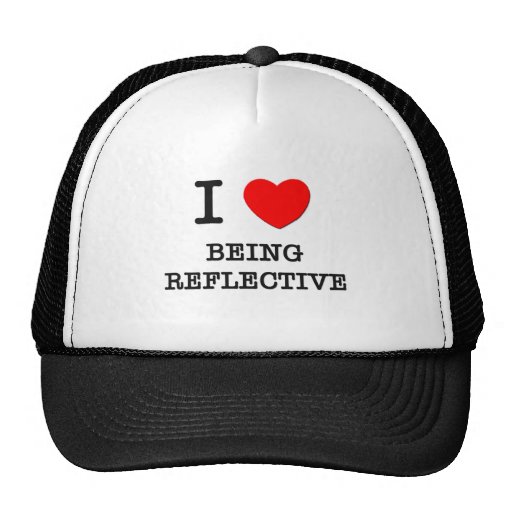 |
| Source |
An example that I would like to point out is my post on Reaching All Students. I think This demonstrates my desire to deepen my perspective on my practice in two ways. One -- I am always looking for insight from others into their teaching practices. And two -- I am continuing to generate more questions from that information rather than saying "oh, that post was nice." and moving on.
I feel that I am also growing as a commenter in that I am questioning more rather than, again, spewing rhetorical praise. I feel a comment that demonstrates this growth was on this post on Goal Setting. Rather than saying, "Oh goal setting is so inspiring and lovely and great job -- keep it up." I took an antagonistic approach to this bloggers' thinking. I spoke of my own personal dread of goal setting, and challenged her to think about what she would do if a student shared my sentiment and refused to participate in goal setting. I realize goal setting can be a beneficial motivator for many people, and I'm not trying to convince her or others not to use it in their classrooms; I was just trying to get some thinking started about the true use of goal setting and what about those who don't find goal setting helpful.
I think I'll keep this one short and to-the-point and finish it off here. I hope those who have been reading my posts have also seen my growth, and I hope to see you on the other side of the new quarter.

